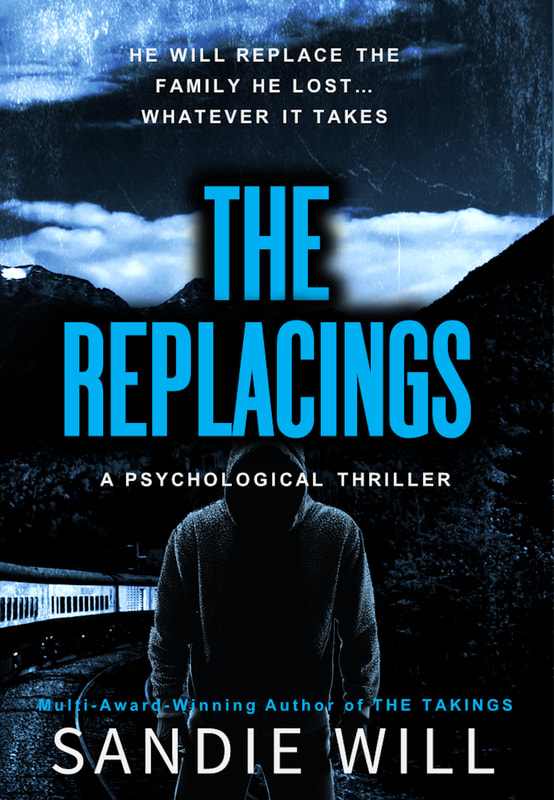Review: The Silent Patient by Alex Michaelides
Rating: *****

After a little soul searching, I think the answer is that I was afraid the storyline would be similar to my book, The Caging at Deadwater Manor--a story that is so special to me since my dad helped me conceptualize the story based on some of his experiences working at a psychiatric hospital. He has since died, and I think I didn't want anything to infringe on that memory with him or even come close, if that makes sense. But after reading compliment after compliment on social media on how well this novel was written and being it was a New York Times Bestseller, I finally took the plunge.
First off, this story is nothing like mine and for that I was so thankful. I read through it with a fresh, open mind, and I wasn't side-tracked or put off by the storyline.
The story starts with the introduction of Alicia Berenson, a talented painter/artist who is struggling with a death from the past and the mental illness that occurred afterward. Her mind seems unstable based on diary entries the author intertwines within the story, and one night, she shoots her husband in the head. Or did she? No one knows because he dies and she refuses to speak. Hence, the trip to a mental institution.
Once there, she meets her new psychotherapist, Theo Faber, who becomes obsessed with Alicia's life and is determined to convince her to speak. Theo's a clever one, though, and so is this author who took me on twists and turns until the very end where I was confused on timelines and relationships, but in a good way. Michaelides is a trickster, of sorts, and I applaud his ability to keep you guessing until the very end.
I have a couple favorite quotes from the story. Ones I never imagined would capture me, especially because they're not about the thrill of the story. They're more on a personal level. Here's what I mean. Theo talks about missing fireworks in his relationship, and I loved his therapist's response (Ruth):
"About love. About how we often mistake love for fireworks--for drama and dysfunction. But real love is very quiet, very still. It's boring if seen from the perspective of high drama. Love is deep and calm--and constant."
The second quote I loved, which was on the next page, was:
"Trying to please someone unpredictable, someone emotionally unavailable, uncaring, unkind--trying to keep them happy, win their love--is this not an old story, Theo? A familiar story?"
While reading these lines, I felt happy that so many people have or would be reading these quotes. They're so true. So I guess this book truly is psychological - good and bad. And I think I got a counseling lesson while I was at it! Haha!
Maybe I won't be so afraid to read more mental hospital stories now :)
Have you read it? What did you think?





 RSS Feed
RSS Feed
